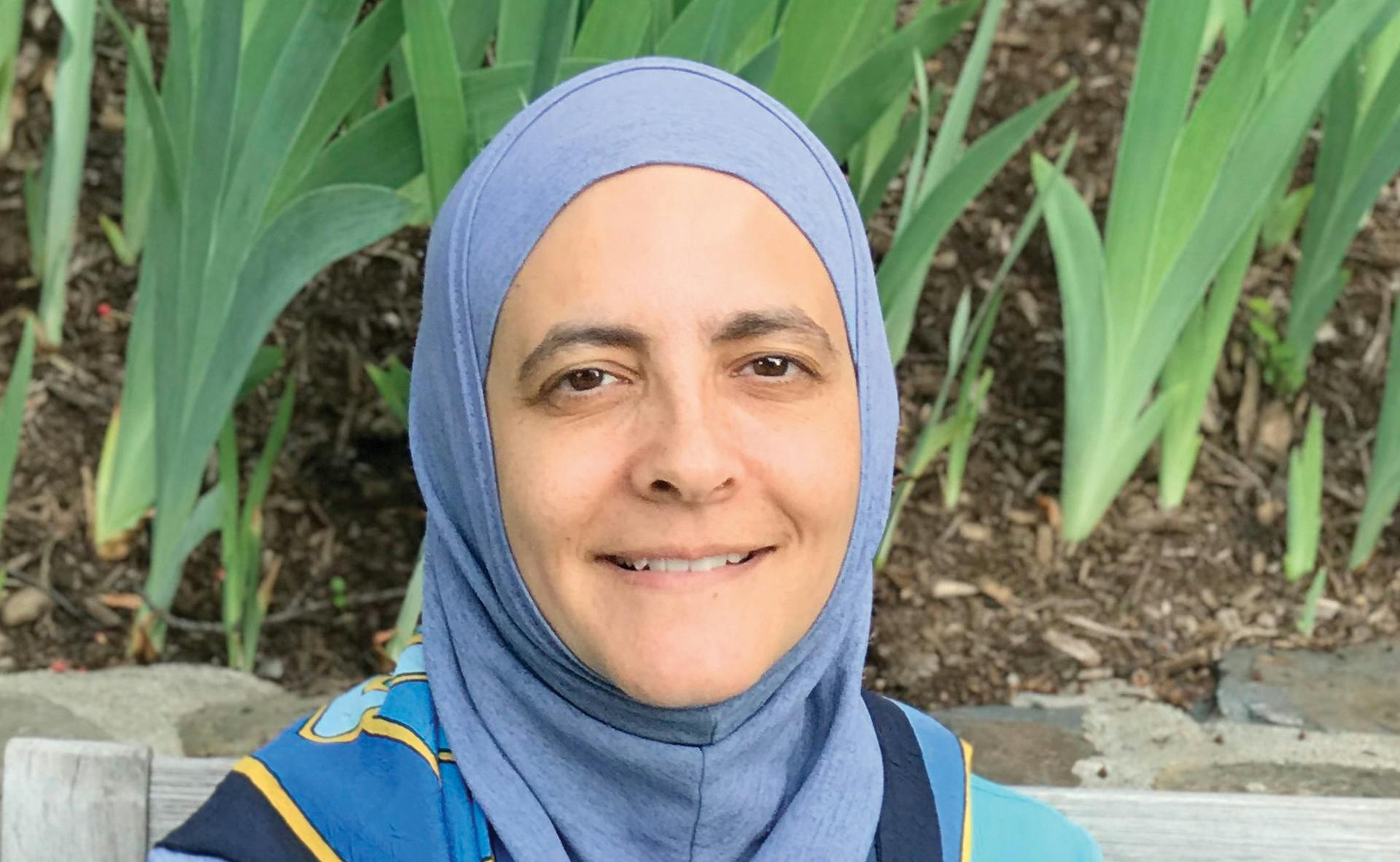The influence of Arab women in STEM is escalating, and Dr. Rana Dajani is at the forefront, slaying the clichés. UNESCO confirms that 34–57 percent of STEM graduates in Arab countries are women—a notably higher rate than at European and American universities.
Named one of the world's most influential Arab women by Arabian Business magazine, Dajani was the 2017–2018 Rita Hauser Fellow at the Radcliffe Institute for Advanced Studies at Harvard University. She's also an associate professor in biotechnology and biology for Hashemite University in Jordan, and she was a Fulbright visiting professor at Yale University's genetics department and stem cell center. In a keynote address at the Radcliffe Institute, she explained how she has worn five scarves throughout her life . The scarves are synonymous with the many figurative hats we wear, or roles we play. That's also what inspired the title of her 2018 book Five Scarves: Doing the Impossible.
According to Dajani, her first role is being a mother. Her second is her decade-long teaching career, which began after she obtained her master's degree in biology. At the time, Jordan did not offer a PhD in molecular cell biology, so she trekked to the United States with her family to obtain one at the University of Iowa. She entered her third role as a "social entrepreneur" with her global "We Love Reading" program. Dajani speaks of her fourth role as that of an "Islamic feminist," during which she founded the "Three Circles of Alemat," a project encouraging female Arab scientists to pair and mentor each other and improve their profession. Her achievements in her fifth role as a biologist are radical. She's now an authority on the genetics of Chechen and Circassian diaspora in Jordan. She also spearheaded a law for stem cell therapy and research in Jordan, and conducts genome-wide research on stem cells, cancer, and diabetes. With pioneers like her paving the way, Arab women in STEM will surely soar to even greater heights.











